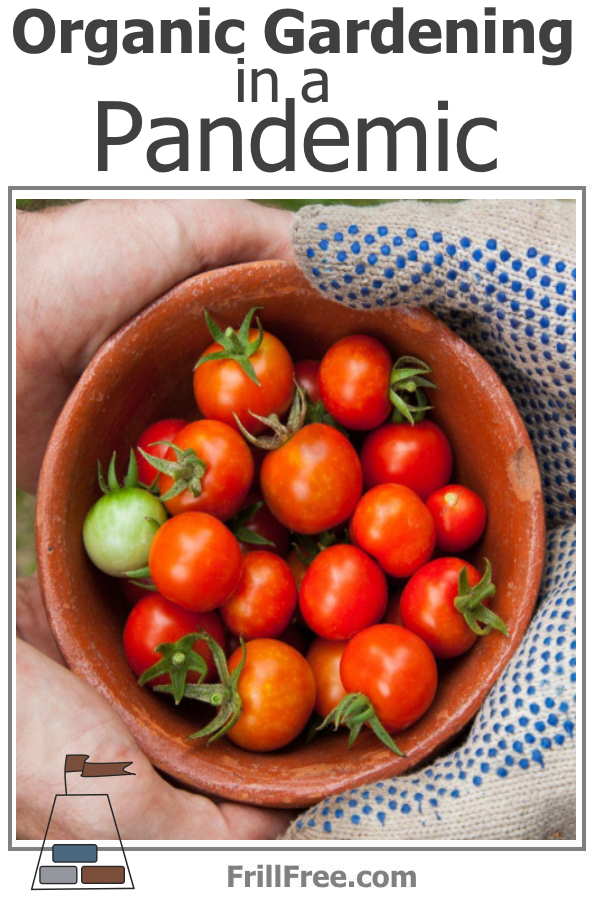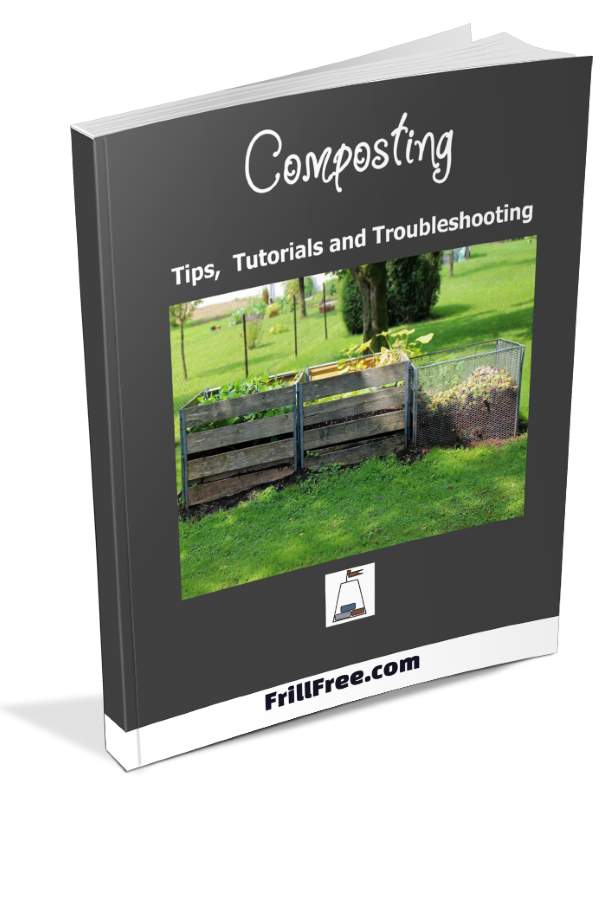- Home
- Methods of Organic Farming
- Organic Gardening in a Pandemic
Organic Gardening in a Pandemic
How the Pandemic Has Placed a Greater Focus on Organic Farming
The COVID-19 pandemic has had an undeniable impact on several industries, affecting supply chains as lockdowns and low demand took their toll for months at a time.
What we may not have counted on, however, is our own resilience and response to the events unfolding around us, especially as they pertained to the shortages in food and supplies that we faced.
One particularly noteworthy topic is organic farming. To better understand how the pandemic shifted this industry and the way we view it, let’s take a closer look at how the pandemic has placed a greater focus on organic farming.
Families Took to Growing Their Own Organic Foods for Consumption
When lockdowns were first implemented, many of us found ourselves faced with numerous challenges that needed to be remedied.
Issues like job loss and income loss paired with the potential for unsafe shopping trips and difficulty getting certain goods were a recipe for disaster.
Rather than relying on the same resources, many families began growing their own organic foods in response.
Whether it’s in a small apartment or the backyard of a home, there are a host of vegetables and herbs that can be grown.
In the vegetable department, some items that are easy to accommodate include lettuce, carrots, and zucchini.
Meanwhile, basil, mint, and parsley are all herbs that can be easily grown indoors with the support of sunlight or interior grow lamps.
Put simply, increasing one’s self-sufficiency is an important lesson that many learned during the pandemic.
Some Focused on Organic Medicinal Herbs
Another industry that was greatly impacted by the pandemic was the healthcare industry.
Hospitals were overwhelmed by the number of incoming patients affected by the virus, and getting the proper assistance became much more difficult.
Additionally, spaces like doctor’s offices became less accessible, especially for those with compromised immune systems. This spurred another interesting organic farming trend: organic medicinal herbs.
While herbs aren’t a replacement for prescription medications or the solution for serious illness, they can support better health, acting as a patch for some families in the meantime.
Lemon balm, turmeric, and echinacea are all herbs that can be grown and applied for medicinal purposes.
The Impact on Locally Grown Food
Let’s face it: food is medicine. Healthy food became even more inaccessible to many during the height of the pandemic due to gradually increasing prices, supply chain disruption and certain shortages of products, and the issue of certain vulnerable populations having to venture out to grocery stores to get supplies.
Because local farms faced fewer supply chain issues and demand issues, those who needed certain products they would not otherwise be able to get from the market or grow themselves turned to co-ops, farmer’s markets, and other solutions like community-supported agriculture programs to access healthy, responsibly-grown food products.
For many small farmers, they saw no change or an increase in sales as they became a reliant food source for nearby residents.
Organic Farming Moving Forward
Even though industrial-scale organic farms received the most focus in the pandemic as they had the resources necessary to support local and national efforts, the real spotlight should be shone on individuals who took matters into their own hands to grow organic food and medicine for themselves as well as local farms that supported the community with their own crops.
When challenges arise, people will often surprise us with their resilience.
Author Bio:
Marjory Wildcraft is the founder of The Grow Network, which is a community of people focused on modern self-sufficient living. When she’s not building an online network, being “Mom,” and tending her family’s food supply, Marjory loves running, doing gymnastics, and experimenting with everything related to food production and sustainability.














New! Comments
Have your say about what you just read! Leave me a comment in the box below.